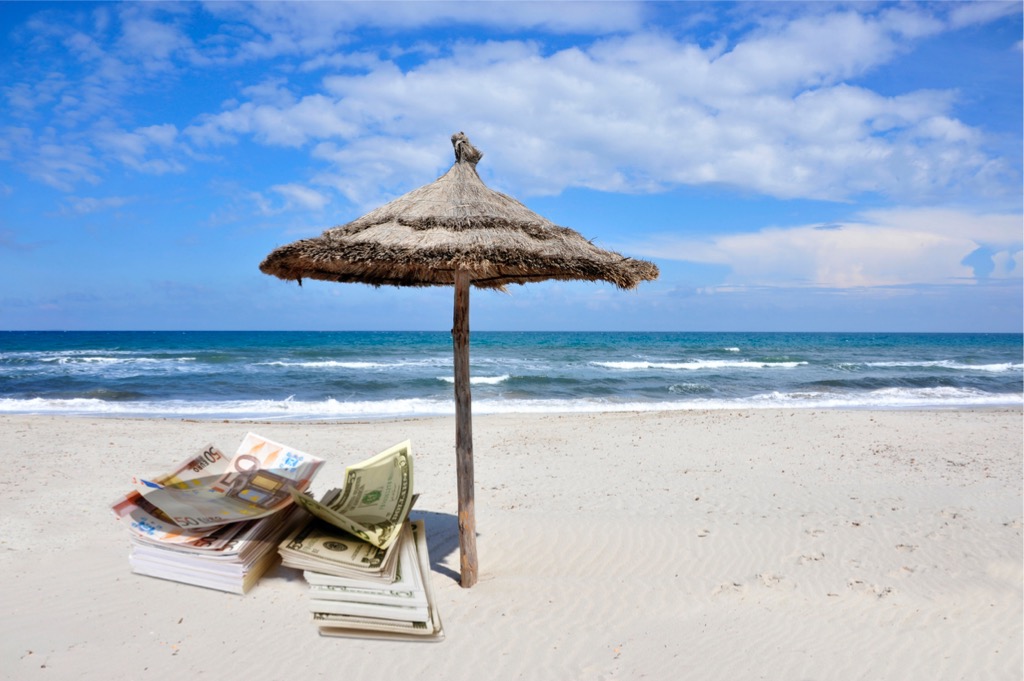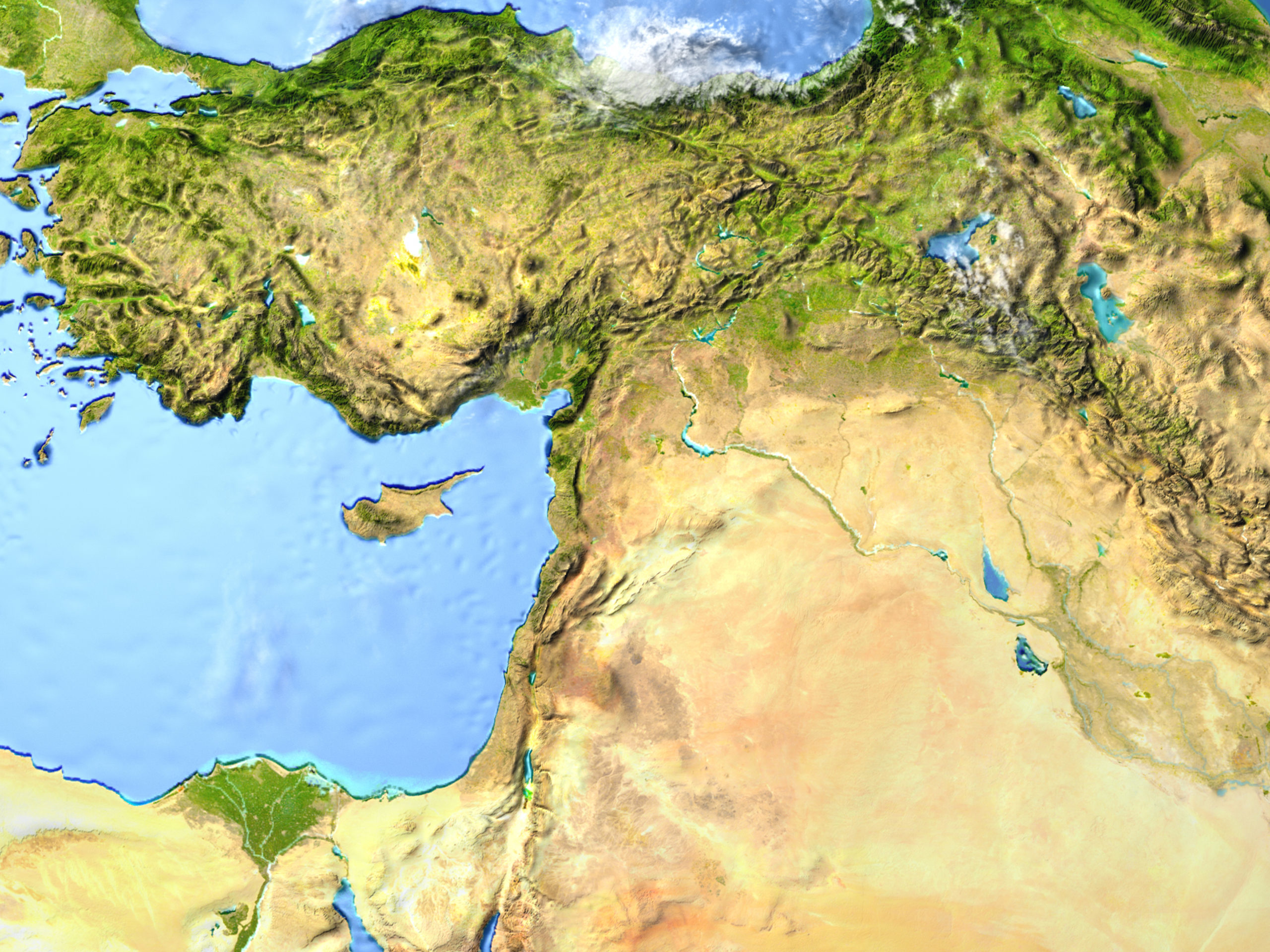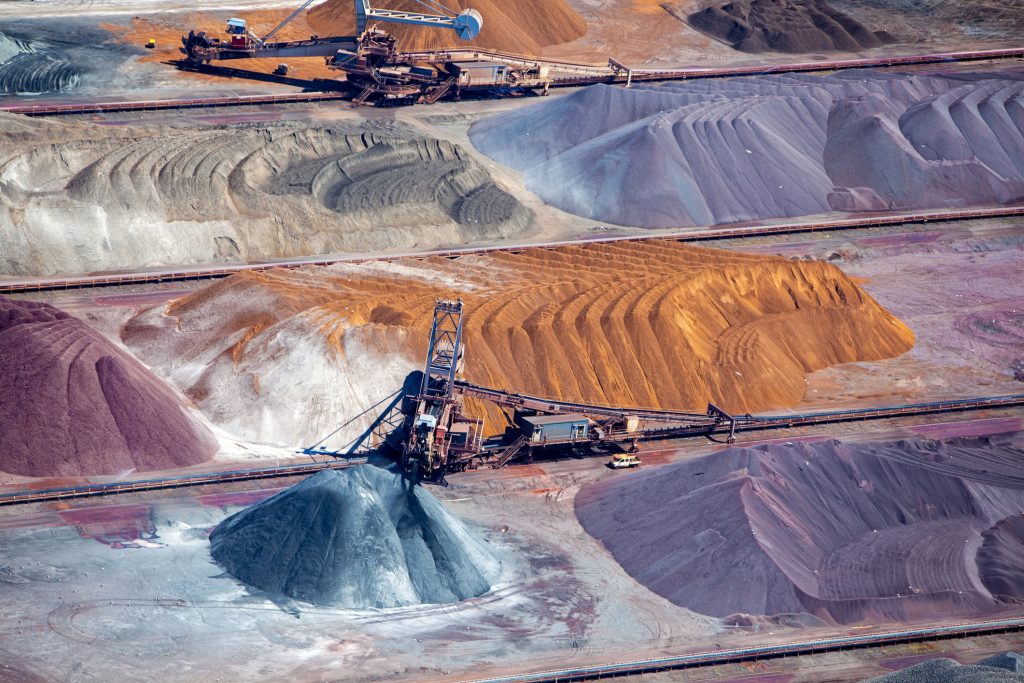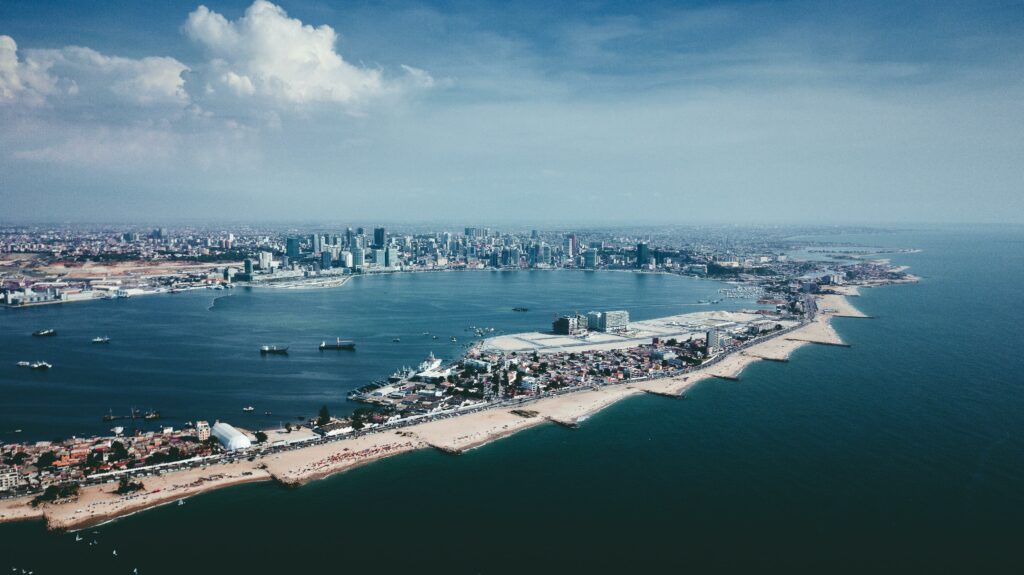Dr Carole Nakhle
In an interview given to Extractives Hub, a joint project between CEPMLP at Dundee University and DFID, Dr Carole Nakhle, CEO of Crystol Energy, gives her insights on the Eastern Mediterranean oil and gas outlook.
Extractives Hub: How exciting is the eastern Mediterranean petroleum story for international investors and the individual countries themselves?
Dr Nakhle: Since 2009, the interest in East Mediterranean offshore oil and gas potential has followed a cycle from widespread excitement, to a stall in activity, to disappointment, and back to excitement again. The region witnessed the highest level of excitement towards the beginning of the last decade because of several developments mainly: 1. Israel made what was then some of the biggest offshore gas discoveries in the world (Tamar and Leviathan) and 2. Around the same time, the USGS published a study about the oil and gas potential of the region, citing “volumes of mean undiscovered technically recoverable resources: 1.7 bnbl oil and NGLs, and 122 tcf gas”. Note, however, that the same report concludes by saying ‘No attempt was made to estimate economically recoverable resources’ which has been largely overlooked.
But enthusiasm soon dampened because of various global, regional and local developments. The US shale revolution, which became more prevalent post 2010, drastically changed global energy markets: from a world of scarcity (and the peak oil theory) to a world of plenty, thereby putting downward pressure on oil and gas prices, and intensifying competition among existing and potential producers. Regionally, maritime borders disputes between Cyprus and Turkey as well as between Lebanon and Israel (which are still officially at war with each other) created serious hurdles to various export options. Locally, political and regulatory uncertainties (e.g. Lebanon, Israel) caused further delays to the exploitation of the region’s resources. The discovery of giant Zohr field in Egypt and its unique fast development revived interest in the region.
For countries like Cyprus and particularly Lebanon, developing a completely new industry and potentially a lucrative sector can transform the economy, for better or worse depending on how the sector is governed and potential revenues are managed. In Lebanon, the risk of the resource curse which has blighted many developing countries is real, given existing circumstances.

Extractives Hub: To date are the eastern Mediterranean petroleum finds more about natural gas than oil?
Dr Nakhle: Indeed, the region’s gas potential has been confirmed, and to date mostly in Israel with early discoveries dating back to 1999 albeit at a small scale. Cyprus made its first discovery – the Aphrodite field – in 2011, which is yet to be developed. More recently, the island made other discoveries including Eni and Total’s Calypso 1 in Block 6, in 2018, then in 2019, ExxonMobil and its partner QP announced a ‘giant discovery’ in Block 10 which is adjacent to Block 6 and within proximity to the Egyptian borders, particularly the Zohr field. BG announced the discovery of Gaza Marine in the waters of the Palestinian Authorities in 1999. Before the civil war started in 2011, Syria was a small oil and gas producer but further exploration plans have been put on hold since. Lebanon is yet to make any discovery; Total is carrying out exploration activity this year and results are expected in summer 2020. Note that offshore gas discoveries are typically more challenging to develop and bring onstream than oil discoveries, and this explains why although many discoveries have been made in Eastern Mediterranean over the last 10 years, the region is yet to convert those discoveries into substantial exports.
Extractives Hub: Is the eastern Mediterranean a solution for European countries across the continent seeking to diversify their source of natural gas? For which natural gas-importing European countries is this the most significant opportunity?
Dr Nakhle: The diversification of energy supplies is highly politicised in Europe – particularly related to natural gas. The European Commission has made security of supply an explicit policy objective, which ‘includes identifying and building new routes that decrease the dependence of EU countries on a single supplier of natural gas and other energy resources’. The ‘single supplier’ is considered to be Russia. The EU has been pursuing different options to reduce that dependence, including the promotion of LNG from new players such as the US (thanks to the shale revolution), as well as the traditional suppliers, such as Qatar.
The EU is also watching closely developments in Eastern Mediterranean which can also contribute to reducing the EU’s dependence on Russian gas. Priority has been placed on the creation of a Mediterranean hub, which could involve gas flows to Europe via Turkey. However, the political intricacies of the region add to the commercial and technical challenges of bringing Eastern Mediterranean gas to Europe, especially if by pipeline. As things stand, it is unlikely that such a hub would include all the players in the region; remember: Lebanon and Israel are still officially at war with each other, while Turkey recognises the northern Turkish Cypriot government and does not have diplomatic relations with the internationally recognised government of Cyprus.

Extractives Hub: The eastern Mediterranean is replete with contested maritime boundaries, is the fact of this contestation a major drag on upstream petroleum development, or are these countries managing to reach agreement on shared offshore extraction without prejudice to whatever final agreement on those boundaries might be reached in the future?
Dr Nakhle: Maritime boundary disputes are common. Some can take decades to be resolved; for instance, it took Norway and Russia more than 30 years to solve their dispute in the Barents Sea. Defining maritime borders is not a prerequisite for holding a licencing round, as we have seen for instance in Lebanon. However, such unresolved issues can cause significant uncertainties and can distort investment decision in the blocks which fall in the contested area. In 2018, for instance, Turkey sent its military to stop Eni from drilling offshore Cyprus, because of contested maritime boundaries.
Furthermore, when the disputes are between two parties which are still officially at war with each other – Lebanon and Israel – the situation becomes even more peculiar. Note that the Lebanese Government does not recognise that there is any disputed area, and has divided its offshore area into ten blocks, ranging between 1,500 and 2,500km2, covering what Israel claims to be a disputed area of 854 km2. I wonder what will happen if Total and its partners make a discovery in Block 9 which falls in that area, especially if it is close to Israeli borderline.

Extractives Hub: To what degree is the economic viability of eastern Mediterranean gas finds vulnerable to falling prices for natural gas recently experienced in continental Europe and elsewhere, or are individual projects insulated from international price volatility through supply to largely or exclusively domestic markets?
Dr Nakhle: Most of the companies carrying out activities in Eastern Mediterranean are major oil and gas companies, which are affected by developments in global markets including oil prices. The current oil price environment is not conducive for investment in risky and higher cost ventures. What we typically see when prices fall is a reduction in capital expenditures of these companies as they become more selective in the allocation of their more constrained capital.
Of course, Eastern Mediterranean countries can and should give priority to developing their domestic market especially countries like Lebanon and Cyprus which rely on imports of oil products to generate electricity and Lebanon suffers chronic power shortage. However, it is argued that the domestic market, even when fully developed, would be too small to absorb potential production and exports are therefore inevitable. In this respect, developments in potential export markets will play a major role in shaping investors’ plans. For instance, in Europe competition among traditional and new suppliers as well as between LNG and pipeline gas has intensified in recent years, courtesy of the shale revolution in the US to the benefit of the European consumer. And the question that needs to be addressed, in this case, is: how competitive will Eastern Mediterranean gas supplies be in the European market? The answer depends on both the new/future exporters and the incumbents.
The interview was originally published in the Extractives Hub
Related Analysis
“The Resource Curse Hits Lebanon Without the Resource”, Dr Carole Nakhle, Feb 2020
Related Comments
“Russia’s interest into Lebanon’s energy market”, Dr Carole Nakhle, Mar 2019
“Lebanon, Israel Maritime Dispute To Last Long”, Dr Carole Nakhle, Mar 2018








